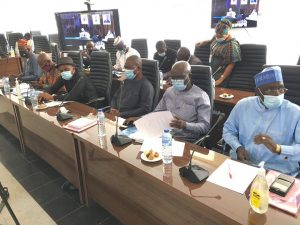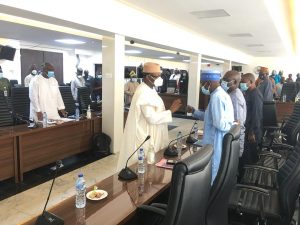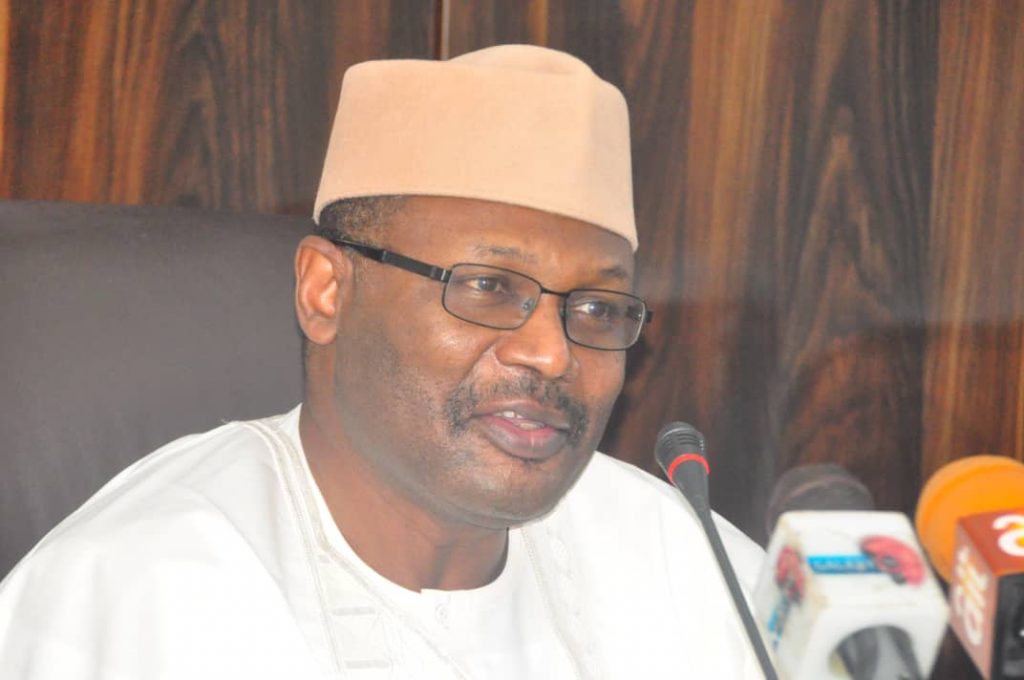The Independent National Electoral Commision, INEC, has continued its consultative meeting with stakeholders on the need to expand voter access to voting points.
In its meeting with media organizations yesterday, the National Chairman of INEC, Professor Mahmood Yakubu, said the Media remain critical partners to the Commission hence they accredit the Media to routinely cover their activities.
He said in recognition of this, one thousand, four hundred and ten journalists representing two hundred and eleven Media organisations were accredited for the Edo and Ondo Governorship elections held in September and October last year.

Professor Yakubu, said the essence of focusing on the expansion of voter access to Polling Units is to enable every eligible citizen exercise the right to register and vote as obtained in democratic elections which cannot be effectively exercised without a place to vote.
He noted that citizens’ right to vote must be exercised in a conducive and safe environment, particularly in the context of the COVID-19 pandemic but regretted that Nigeria has a critical problem of voter access to Polling Units as the country currently has one hundred and nineteen thousand, nine hundred and seventy three Polling Units established a quarter of a century ago in 1996 by the defunct National Electoral Commission of Nigeria (NECON).
According to him, at that time, the voter population was projected at fifty million which increased to eighty four million, four thousand and eighty four by 2019 and is envisaged that by the next general election in 2023, the population of registered voter may be twice the number projected in 1996 yet, the number of Polling Units remains the same.

The Commission already met with lother stakeholders within the week including leaders of Political Parties, Civil Society Organisations (CSOs) and members of the Inter-Agency Consultative Committee on Election Security, ICCES, among others and will resume next phase of the engagement by meeting with socio-cultural associations, traditional and religious organisations, labour unions, professional and constitutional bodies





Comments are closed for this post.